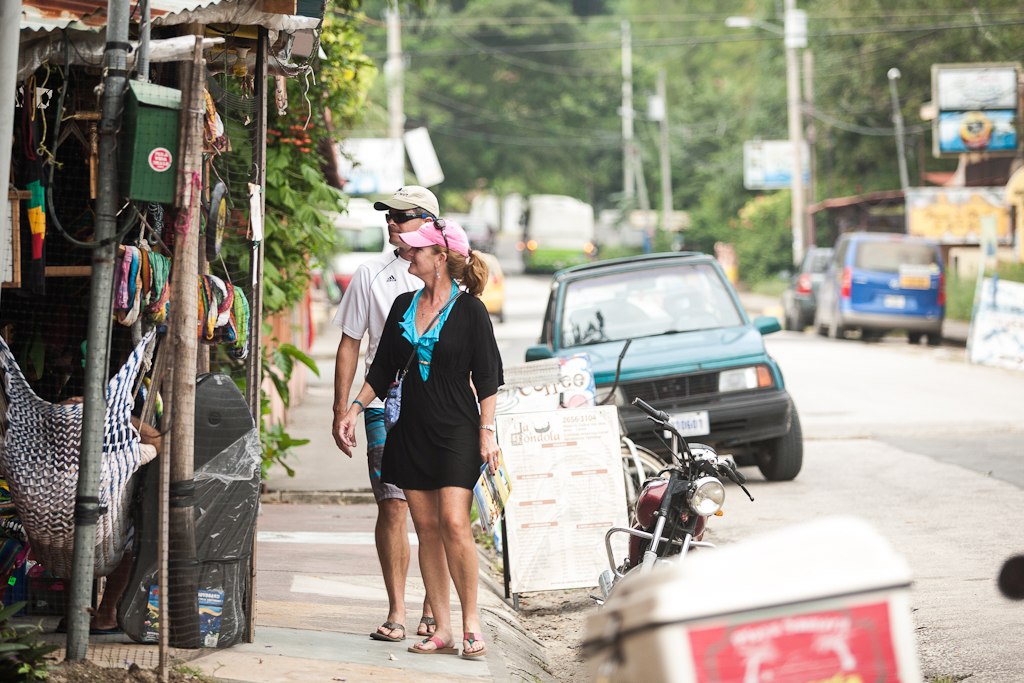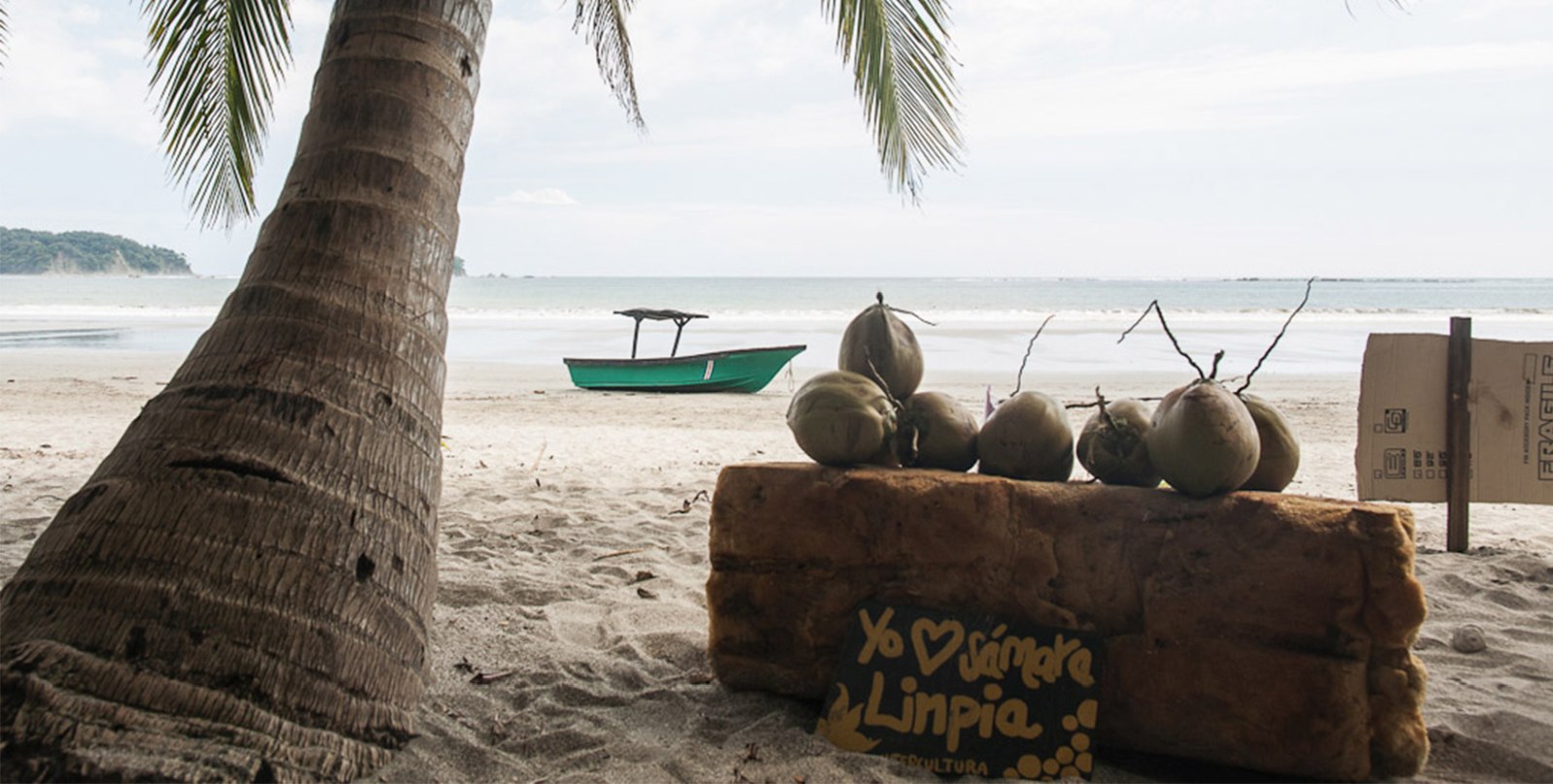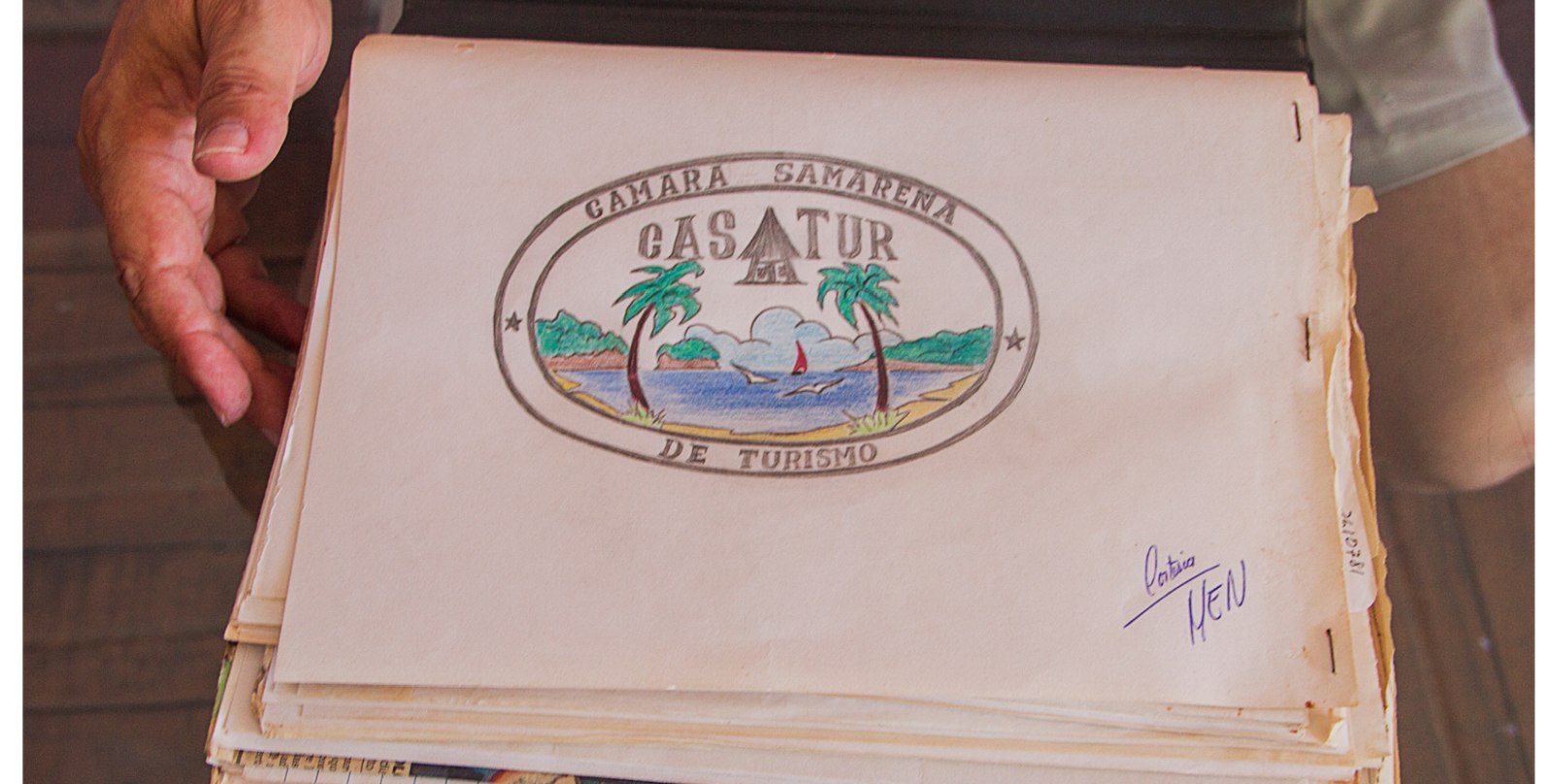
Although Samara is the first place where two native cases of the Zika disease were found, only 19 people came to the urgent meeting held by the Ministry of Health on Friday, February 26, in order to inform people in general about guidelines to control and prevent the Aedes aegypti mosquito, which carries the Zika virus, Dengue and Chikungunya.
The reaction of the 25 people with tourism businesses was different. They not only attended the meeting that was held for them but also pledged personnel, vehicles, food and water for cleaning tasks that health officials will perform in the area.
Speakers at the meeting included Zinnia Cordero Vargas, director of the Ministry of Health of Nicoya, Mario William Acosta Cortes, head of the department of health promotion and health policies, and Sonia Campos, coordinator of health monitoring.
According to William Acosta, Samara has a red pin on the map this time, and the campaign they are conducting is not the Ministry of Health’s campaign, nor Dr. Cordero Vargas’, nor ICT’s; “it is every man and woman’s campaign,” said Acosta.
To Cordero Vargas, the solution to this problem is complicated since multiple factors are involved. By this she means that, on the one hand, the Ministry of Health acts by controlling, informing and fumigating, but on the other hand, people in general also have to take matters into their own hands, eliminating mosquito breeding sites and keeping the number of them at zero.
The campaign, developed by the Ministry of Health in conjunction with the Municipality of Nicoya and with the help of businesses and the general population, is a comprehensive cleaning plan for Samara, divided up over three days: March 5, 7 and 12.
Each day, the different neighborhoods that make up Samara will be inspected and cleaned, like Samara Center, Cangrejal, Cantarrana, Torito, Matapalo and San Fernando.
Residents Demand More Garbage Collection
Several of those present complained about the limited garbage collection service in Samara during the month of February. According to Jorge Esquivel, coordinator of environmental management for the Municipality of Nicoya, during what is referred to as “high season,” collection service doubles, passing by on Saturdays in addition.
But, to the surprise of everyone present, Esquivel clarified that “February is not high season” and that the municipality only considers the months of January, March and April high season.
Laughter was not lacking from those present, who explained that February has always been equally busy with tourists as January and April, and the business community labeled it as ridiculous to choose not to consider this month as high season.
In addition, it was mentioned that the Zika outbreak occurred in February, the month when the municipality took away a day of garbage collection without notifying the population, so they continued taking trash out to the street on Saturdays.
The garbage is not collected by anyone and has strong potential to contain stagnant water and generate new mosquito breeding sites.
Esquivel pledged that the Municipality of Nicoya will include February as a high-season month next year.







Comments